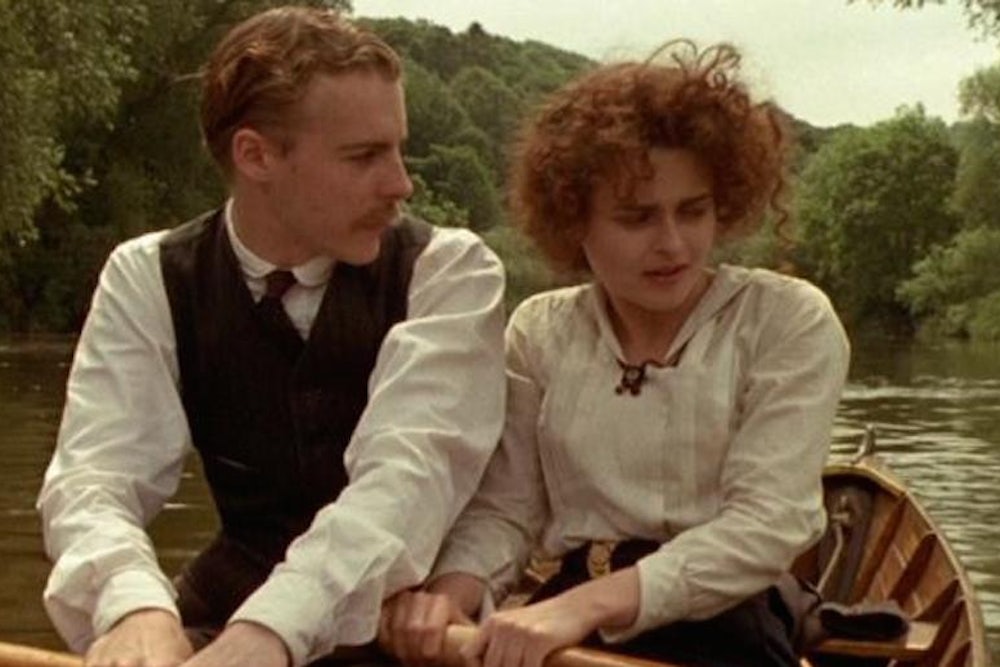Few modern fictionists have revealed so robust a sense of the elusive and intangible as one finds in this novel of E. M. Forster's. And the main reason, one decides, is that the author of Howards End has realized the importance of relating even the most tentative conclusion about life as firmly as possible to the whole of life. Many adventurers into cryptic borderlands have seemed to detach themselves from other phases of thought and feeling as if unable to bear the touch of a too crass reality. But Forster stands four square to the "winds and odors of life," presenting a rich complex of characters and reactions from which to evolve the more delicate nuances of his theme.
"Only to connect!" says Margaret Wilcox, looking deep through the prosaic kindliness and competence of her band. Connect what? Why the gulls and the stars and the the wych-elm and the tender cruelties of love itself with the garage, the motors, the nervous stupidity of Dolly and the middle-aged materialism of Henry Wilcox. To connect ricks of food and over-furnished dining-rooms with a hungry clerk who spends money for concrete and walks alone all night in the country. To see abyss and plains mountain peaks cearly enough to recognize the common elements of all. This is of course an ancient task, ancient and and possibly eternal, but in the story of Howards End is essayed with rare insight and originality. Neither as serious as all this sounds. The book is entrancingly human with much of that deep-running humor that bubbles up from the heart of things.
The time is about ten years ago when Pan-Germanism and English Imperialism were being discussed discreetly, but in the same breath. The novel is a reprint, having been published at this earlier date and since then long out of print. An evidence of soundness is the fact that one reads it without any feeling of its having been bowled over by the war. The people are alive. The dialogue is apt and revealing. Margaret and Helen Schlegel are wealthy and spirited young women living in London with their younger brother. With only Aunt Juley to visit them and remonstrate occasionally, the sisters lead an independent existence, concerned a bit consciously over Art and Thought, but fearless and unusually clear-eyed.
"Some ladies do without hotels. Arc you aware that Helen and I have walked alone over the Apennines with our luggage on our backs?"
"I wasn't aware, and, if I can manage it, you will never do such a thing again."
These two remarks suggest the respective mental attitudes of Margaret and her elderly husband. But if anyone could connect a Henry Wilcox with a subtler and more far-reaching world than he had known would be such a person as Margaret Schlegel. In spite of her impetuosity she has a sustaining simplicity and patience. She is affectionately tolerant except when she denounces Henry in one splendid outburst at his hypocritical judgment of her sister. The same poise which has kept her indulgent of his blindness supports her condemnation and allows her to spare nothing of the bitter truth. The same intellectual steadiness enables her to pull together the broken threads of life at Howards End. In their helter-skelter eagerness she and Helen had reached a plane of the unseen which had transcended the security of the whole Wilcox clan who with all their capability had never really learned to say "I."
Dramatic values are expertly managed. The breadth and casualnese of the approach forms a specious background for the poignant climax which holds one to the last page.
